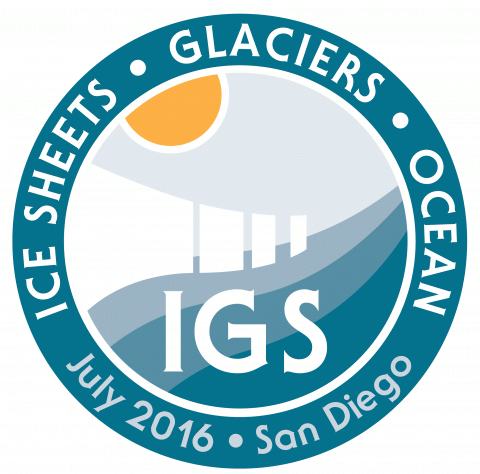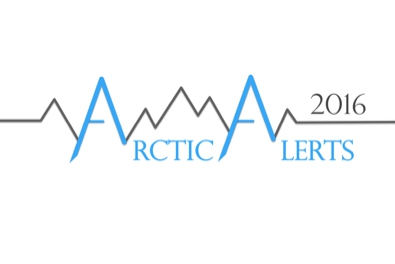Registration closes July 1st, 2016.
The goal of the workshop is to develop and propose a strategy to improve estimates of the SMB of the GrIS that build on community input. The outcomes of the workshop will provide, among other things, community-driven guidance to funding agencies on targeted research activities. Presentations and breakout sessions for discussion will focus on the improvement of Greenland SMB estimates and projections through the application and interpretation of remote sensing data (e.g., Operation IceBridge, OIB, Icesat, GRACE, MODIS, SSM/I), the analysis and improvement of modeling toolsand the reduction and constrain of uncertainties in accumulation (e.g., compaction, densification), mass loss and associated processes (e.g., water retention in snow and firn; meltwater outflow to the ocean; albedo). The workshop participants will be engaging in discussions to address questions such as: What are the parameters most affecting SMB and how well can we model their current and historical evolution? Which measurements are currently available about these parameters? What are the uncertainties associated with estimates of the parameters identified above and how are they spatially and temporally distributed? Which measurements are mostly needed and where? The discussion will initially focus on the parameters identified during the PARCA 2015 and 2016 and follow-up discussions: a) runoff and outflow; b) accumulation; c) densification and compaction; d) albedo; e) water retention in firn.
More information about the Workshop format, agenda and details will be provided before the summer. In the meantime, those who are interested in participating are encouraged to register.
Financial support is available for a limited number of participants, mostly junior and international colleagues.
The Workshop is free of charge for registration but participants might be requested to cover expenses for lunch and other meals in case the number of participants exceed the estimated original number.
A social dinner is planned for the evening of Thursday. This is by invitation and by first-come first-serve basis. There is a limited number of seats and those who are interested in participating should mention this in the registration form.
Should they be interested, participants are invited to submit an abstract. All abstracts will be presented as posters during the breaks.
We kindly encourage participants to submit scientific papers presented at the Workshop to the Special Issue on the Mass Balance of the Greenland ice sheet on the journal the Cryosphere (http://www.the-cryosphere.net/special_issues/schedule.html#12).
Participants should arrange their own trip and logistics. Those who will receive financial support will be notified and should anticipate their expenses and then submit request for reimbursement.


